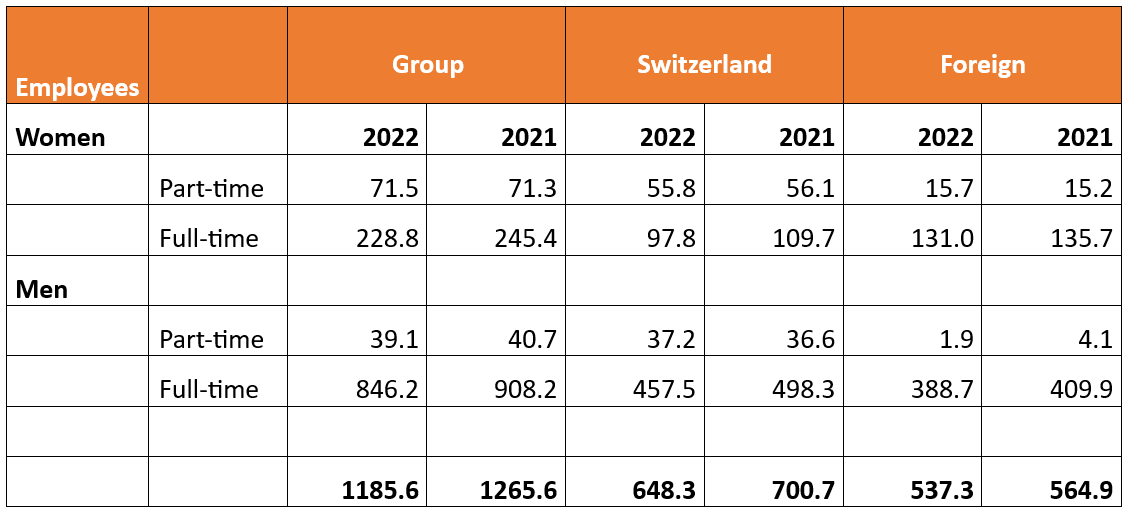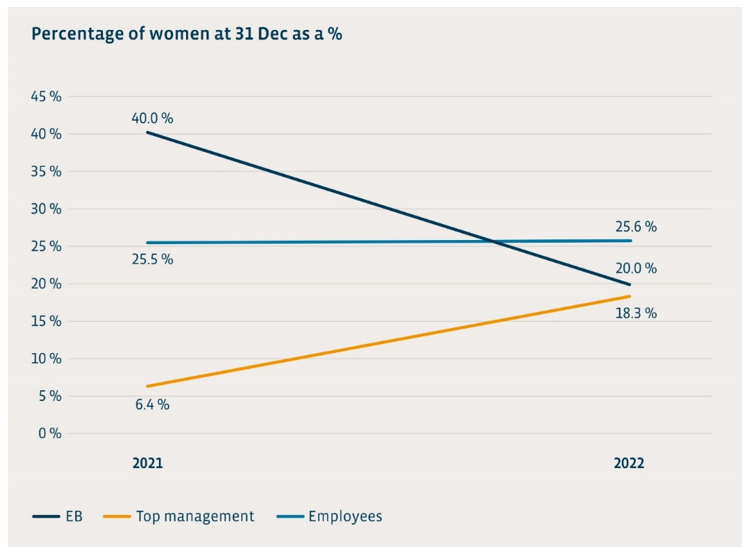Activities and workers
GRI 2-6: Activities, value chain, and other business relationships
Alpiq is a leading Swiss energy company that is active in various countries and markets throughout Europe. Our energy business contributes to a better climate and improved security of supply in Switzerland and for our customers on the European markets. We pursue a sustainable, financially sound and risk-adjusted business model.
Alpiq’s core business is the production of electricity from flexible CO2-free hydropower and nuclear power in Switzerland as well as from wind power and photovoltaics in Switzerland and several European countries. In addition, we operate modern and flexible gas-fired combined-cycle power plants in Italy, Spain and Hungary. By producing green hydrogen, we are pioneers in contributing to CO2-free heavy-duty traffic and are continuously expanding our competence.
Our core business also comprises energy trading. We sell production from our own plants as well as third-party plants on our modern and efficient trading platform. Alpiq trades with electricity, gas and other energy products in many European countries. A sustainable and cost-effective energy procurement strategy is an important aspect of any business. Our sales & origination team supports industrial and business customers with sustainable energy management as well as a wide range of energy solutions and services.
In many European countries Alpiq operates in energy trading and sales & origination as well as energy services through a subsidiary and offers its products and services largely to industrial and business customers. In France, Alpiq has also been active in retail business for electricity customers since 2021. You will find an overview of the supplied markets (countries) in the ‘About us’ section of the Alpiq Holding Ltd. Annual Report 2022. Changes to the organisation are presented in the consolidated financial statements (chapter Group structure) of the Alpiq Holding Ltd. Annual Report 2022.
In the area of the supply chain, the “code of conduct for suppliers” in various languages is applied in the Alpiq Group (https://www.alpiq.com/alpiq-group/about-alpiq/general-terms-and-conditions#c29171). This year, the focus was on identifying Alpiq’s key suppliers with the aim of improving vendor relationship management.
GRI 2-7: Employees

The data refer to employees, including apprentices, of the entire Alpiq Group. It does not include those without an Alpiq employment contract. At 31 December 2022, Alpiq employed people from 48 different nations (prior year: 54 nations). The age structure is balanced: 53% of employees are aged between 35 and 50, 24% are younger than 35 and 23% are older than 51. In the previous year, 52% were between 35 and 50 years old, 24% under 35 and 24% older than 51.
At the end of 2022 women were represented proportionately as follows: 20% of the Executive Board were women (2021: 40%, lower due to reduction of the number of Executive Board members), 18.3% of top management were women (directly below the Executive Board; 2021: 6.4%) and 25.6% of the employees were women (2021: 25.5%). In 2030 Alpiq’s goal is to employ around 35% women in senior management positions. See “GRI 405: Diversity and equal opportunity”.

GRI 2-8: Workers who are not employees
At Alpiq, in addition to bridging short-term staff shortages with external temporary staff, we also have employees working on consultancy mandates. External knowledge is also used for projects where we do not have the necessary expertise internally.